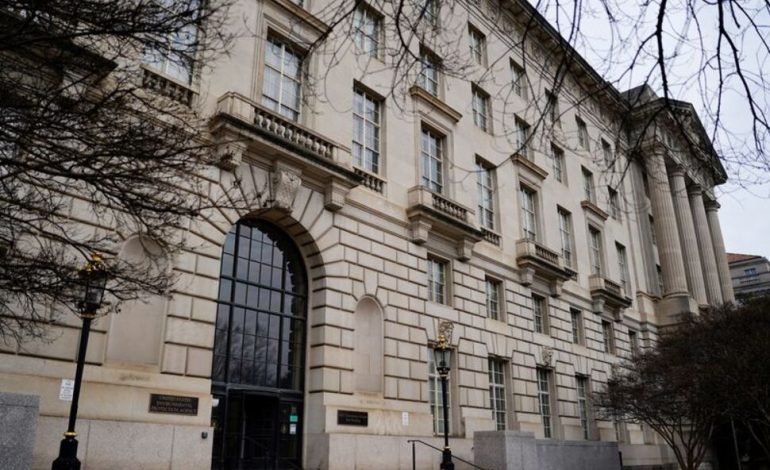EPA Proposes Higher Biofuel Blending Mandates Through 2027, Focuses on Domestic Production

The US Environmental Protection Agency (EPA) on Friday proposed a significant increase in biofuel blending requirements for 2026 and 2027, signaling a continued push by the Trump administration to bolster domestic biofuel production and reduce reliance on imports.
Under the proposed rule, oil refiners would be required to blend 24.02 billion gallons of biofuels into the national fuel supply in 2026 and 24.46 billion gallons in 2027. This marks an increase from the 22.33 billion gallons mandated in 2025 and represents nearly an 8% rise year over year. The plan includes a major boost in biomass-based diesel requirements and introduces changes aimed at incentivizing US-made biofuels.
“This proposal is about strengthening American energy security and creating more opportunities for American farmers,” said EPA Administrator Lee Zeldin in a statement. “We are creating a new system that benefits American producers, rather than subsidizing foreign competition.”
The Renewable Fuel Standard (RFS), created by Congress in 2005, requires refiners to blend increasing volumes of renewable fuels into gasoline and diesel. The new targets represent the first major adjustment to the program under Trump’s current term and reflect a broader strategy to prioritize US biofuel production.
A notable change in the proposal includes raising the biomass-based diesel mandate from 3.35 billion gallons in 2025 to 5.61 billion gallons in 2026—a 67% increase. By 2027, that figure would rise slightly to 5.86 billion gallons. These targets are roughly in line with industry expectations but fall short of the 25 billion gallons some groups had requested for total renewable fuel blending.
The EPA also plans to revise how compliance is tracked. Refiners use credits called Renewable Identification Numbers (RINs) to show compliance with biofuel mandates. Under the proposed rule, RINs associated with imported fuels or fuels made with foreign feedstocks would be discounted by 50%. Roughly 45% of the biomass-based diesel used in the US last year originated overseas.
The administration said this move is intended to promote domestic supply chains and improve transparency in the biofuels market. Producers would be required to maintain stricter documentation of feedstock sourcing, in part to combat concerns about mislabeled imports, including fraudulently identified cooking oil.
The proposal stops short of addressing whether small refineries may be granted exemptions from blending requirements for previous years—a long-standing issue in the biofuel policy debate. Officials said that topic will be addressed separately.
The EPA’s proposal also includes a shift in how biomass-based diesel targets are set—from per-gallon mandates to RIN-based measures—and suggests closing a pathway that currently allows electricity generated from biomass to count as a renewable fuel under the RFS. This change could prevent electric vehicle charging stations powered by wood biomass or other renewable electricity from generating blending credits.
While the proposal has drawn praise from US farm groups and some biofuel producers, others—particularly those with international operations—warn that the discounted RINs could negatively affect global trade and supply dynamics.
With input from Bloomberg and US News & World Report.









The latest news in your social feeds
Subscribe to our social media platforms to stay tuned